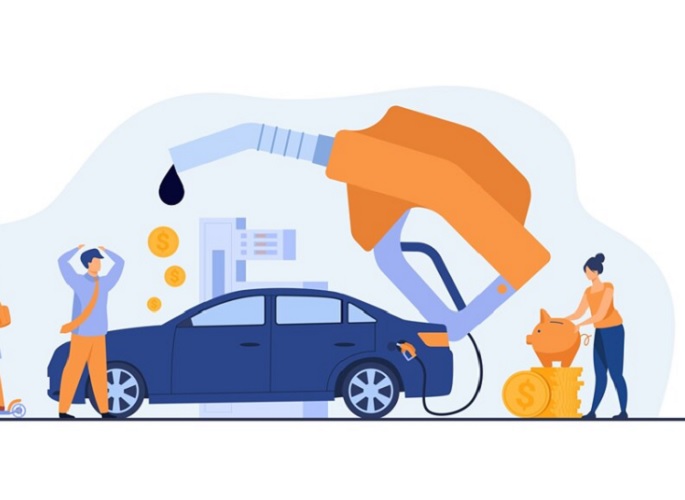As per the media report, the Michigan Advanced Biofuels Coalition (MiABC) has welcomed two new stakeholders committed to promoting sustainable fuels aimed at enhancing air quality and reducing greenhouse gas (GHG) emissions in the state. The latest additions are Michigan State University (MSU) in East Lansing and the Detroit Wayne County Port Authority (DWCPA) in Detroit.
“These new stakeholders share our commitment to advanced biofuels as an immediate solution for lowering carbon emissions in Michigan,” stated Hanna Campbell, demand specialist for the Michigan Soybean Committee (MSC), a founding member of MiABC. Established in 2022 by MSC and the Michigan Soybean Association, MiABC focuses on increasing awareness and adoption of biodiesel and other advanced biofuels derived from renewable sources like soybean oil.
University commitment to sustainability
MSU, one of Michigan’s largest universities and the first to join MiABC, has a history of utilizing advanced biofuels. Since 2013, the university has powered its diesel vehicles and equipment with biodiesel, recently upgrading from a B5 to a B20 biodiesel blend. This higher concentration helps reduce emissions from the university’s fleet, which includes 70 diesel-powered vehicles, the media report further added.
The B20 blend aids MSU in achieving its goal of cutting GHG emissions by 50 percent from 2010 levels, translating to a reduction of approximately 292,934 metric tons of CO2. While the university is also investing in electric, hybrid, and propane vehicles, these alternatives are not always suitable for the diesel buses, trucks, and generators used on campus.
“Due to the specific needs of our fleet, electric vehicles cannot be the sole answer for reducing greenhouse gas emissions. Biodiesel is a renewable fuel that aligns with sustainable environmental practices, providing cleaner combustion for better air quality,” said Brooke Pugh, Manager IV, Transportation Services at MSU.
Port authority’s decarbonization efforts
In Detroit, DWCPA’s mission to enhance marine shipping and transportation while safeguarding local waterways complements the use of biodiesel. The Port of Detroit Decarbonization Project is currently in progress, aiming to achieve net-zero carbon emissions by 2040. Biodiesel is one of the immediate strategies under consideration, the media report stated.
“Biodiesel stands out as the first and most effective strategy we can implement,” noted Mark Schrupp, Executive Director of DWCPA. “The primary source of carbon emissions in the port area comes from diesel fuel combustion, making biodiesel an excellent alternative.”
Schrupp emphasized that community input is central to DWCPA’s carbon reduction strategies. “Transitioning to biofuels not only aids in meeting climate goals but also enhances air quality for port workers and the 25,000 residents living within four miles of our port,” he added.





